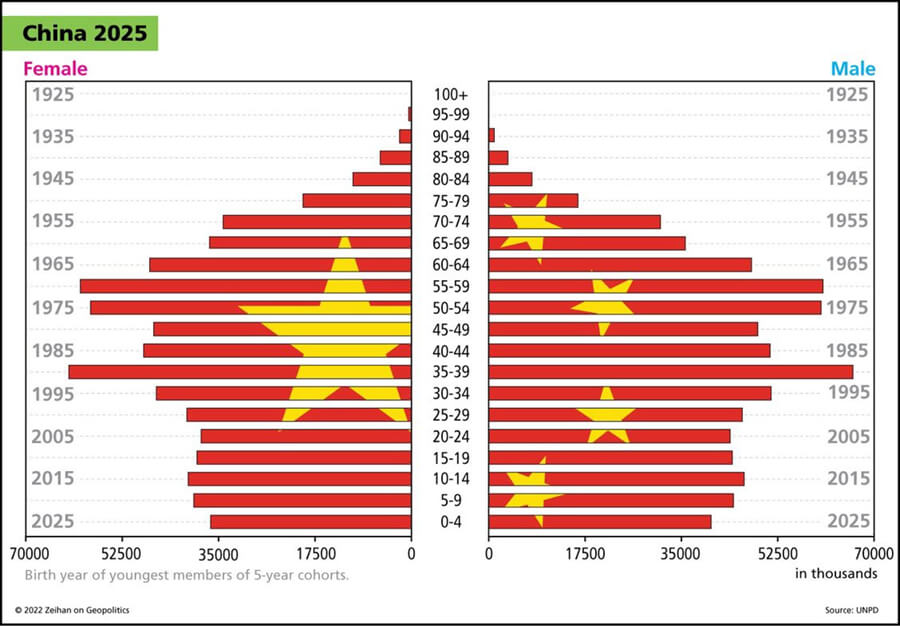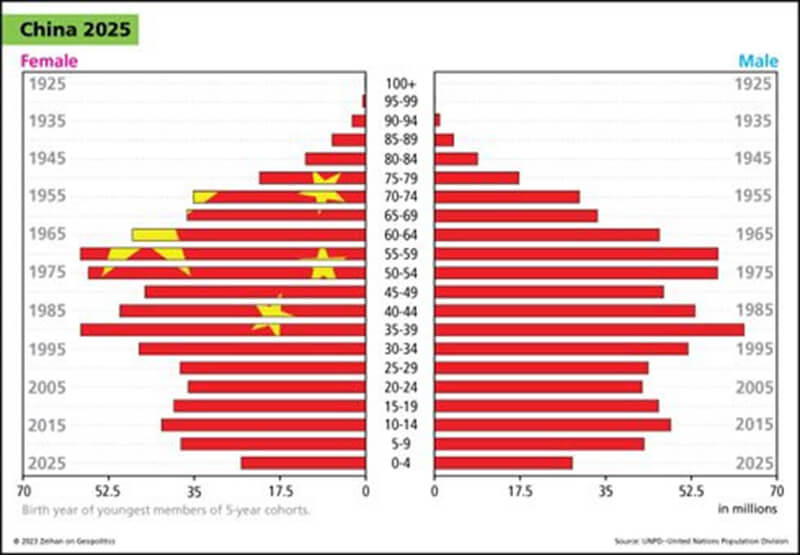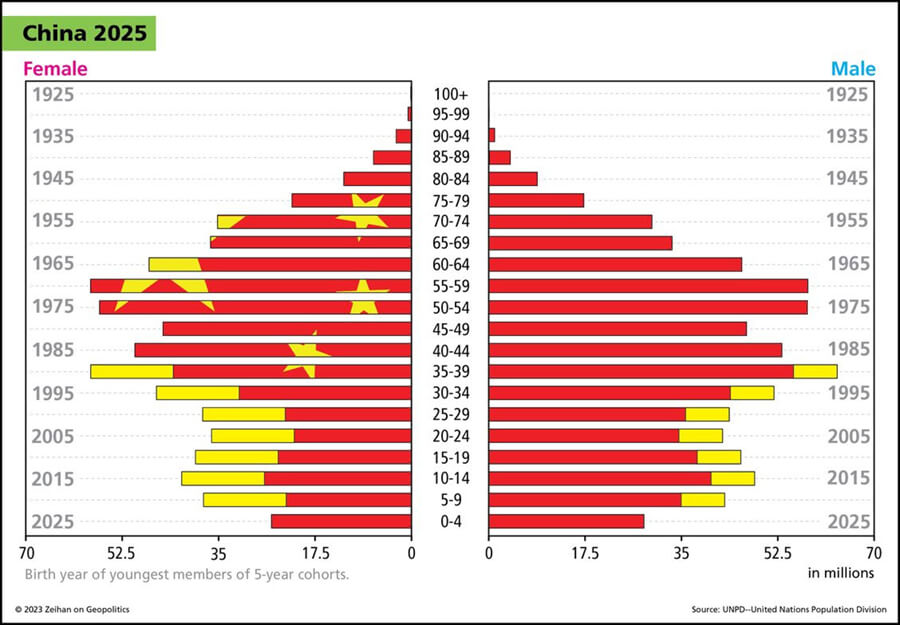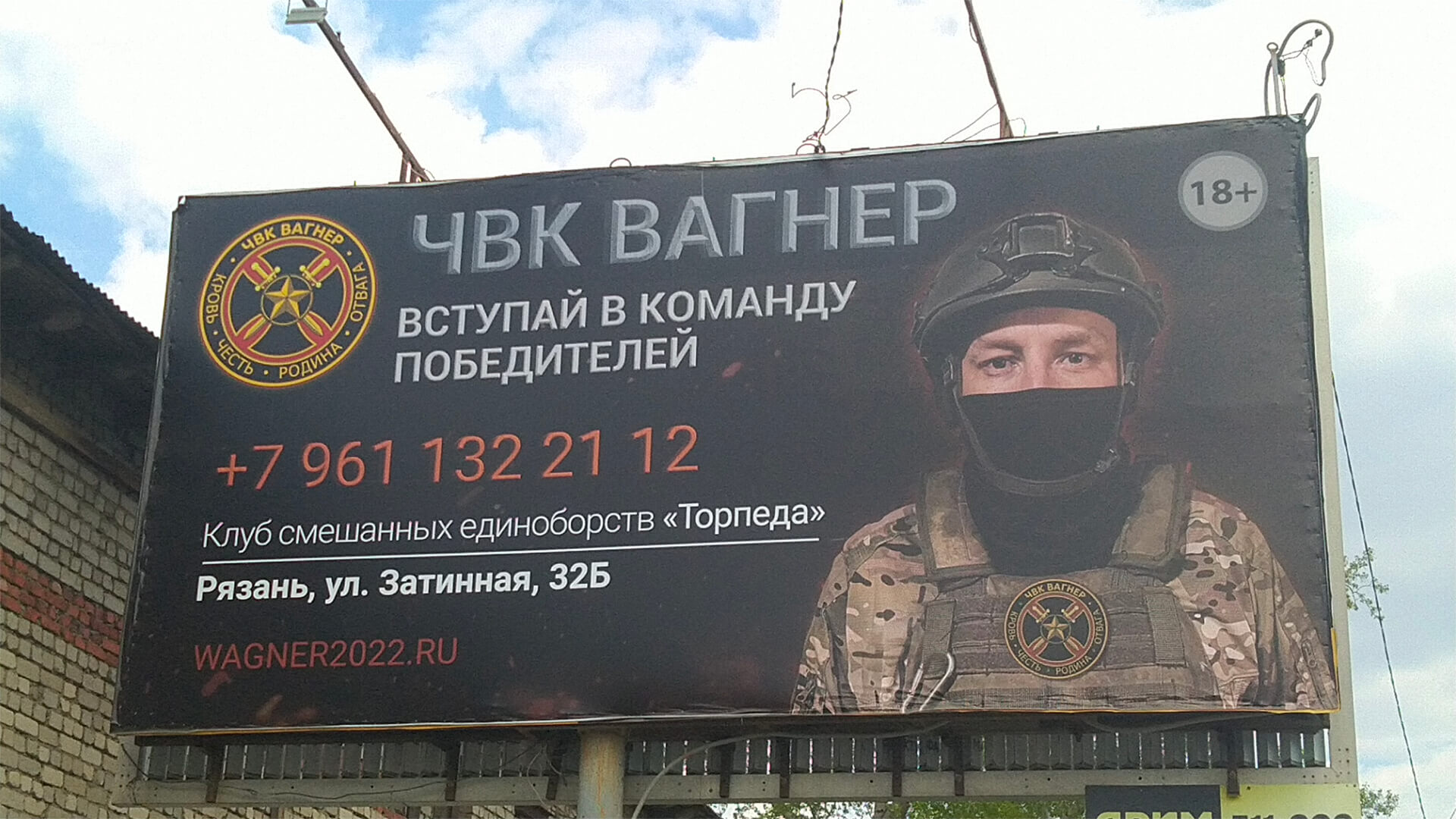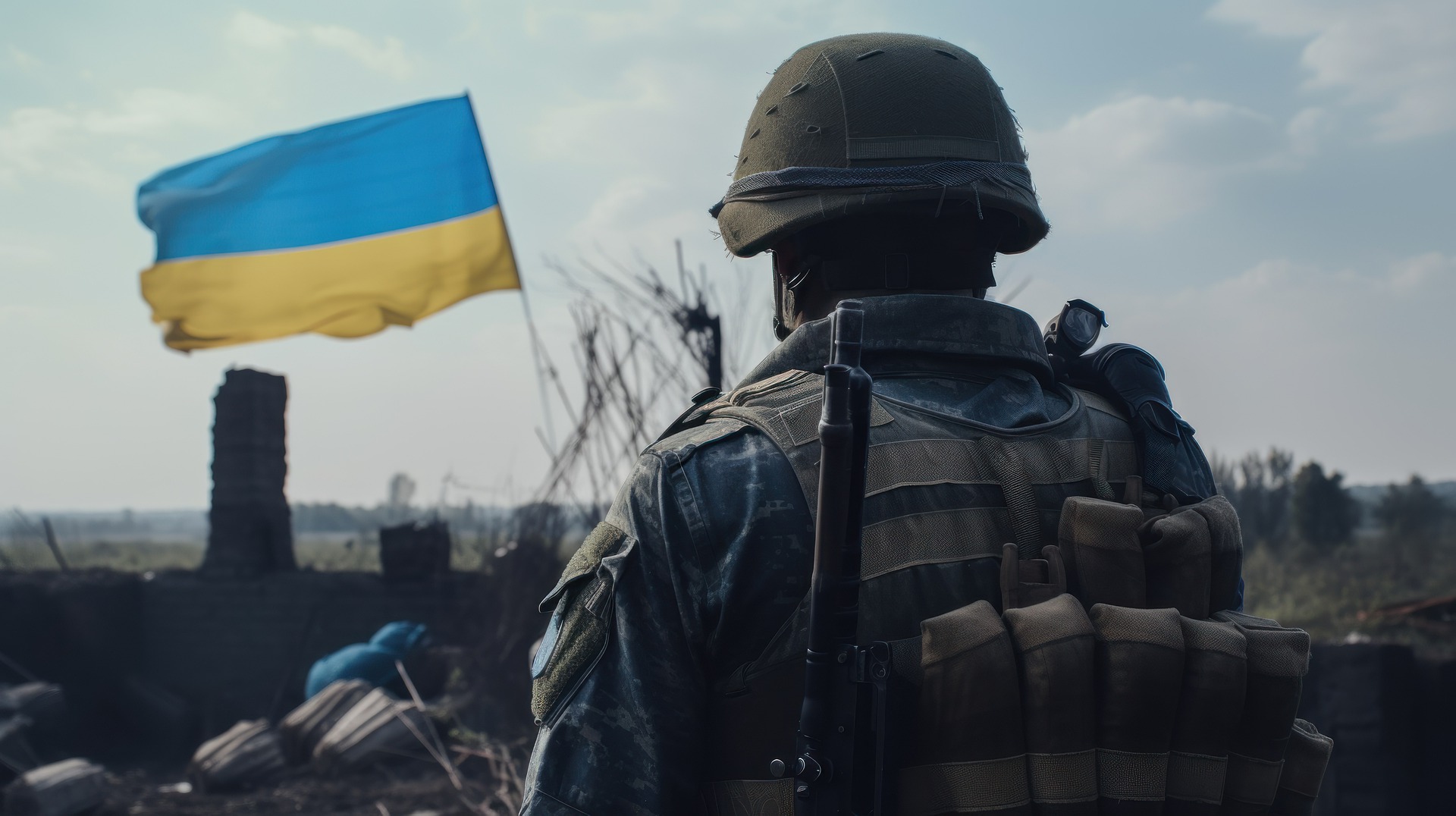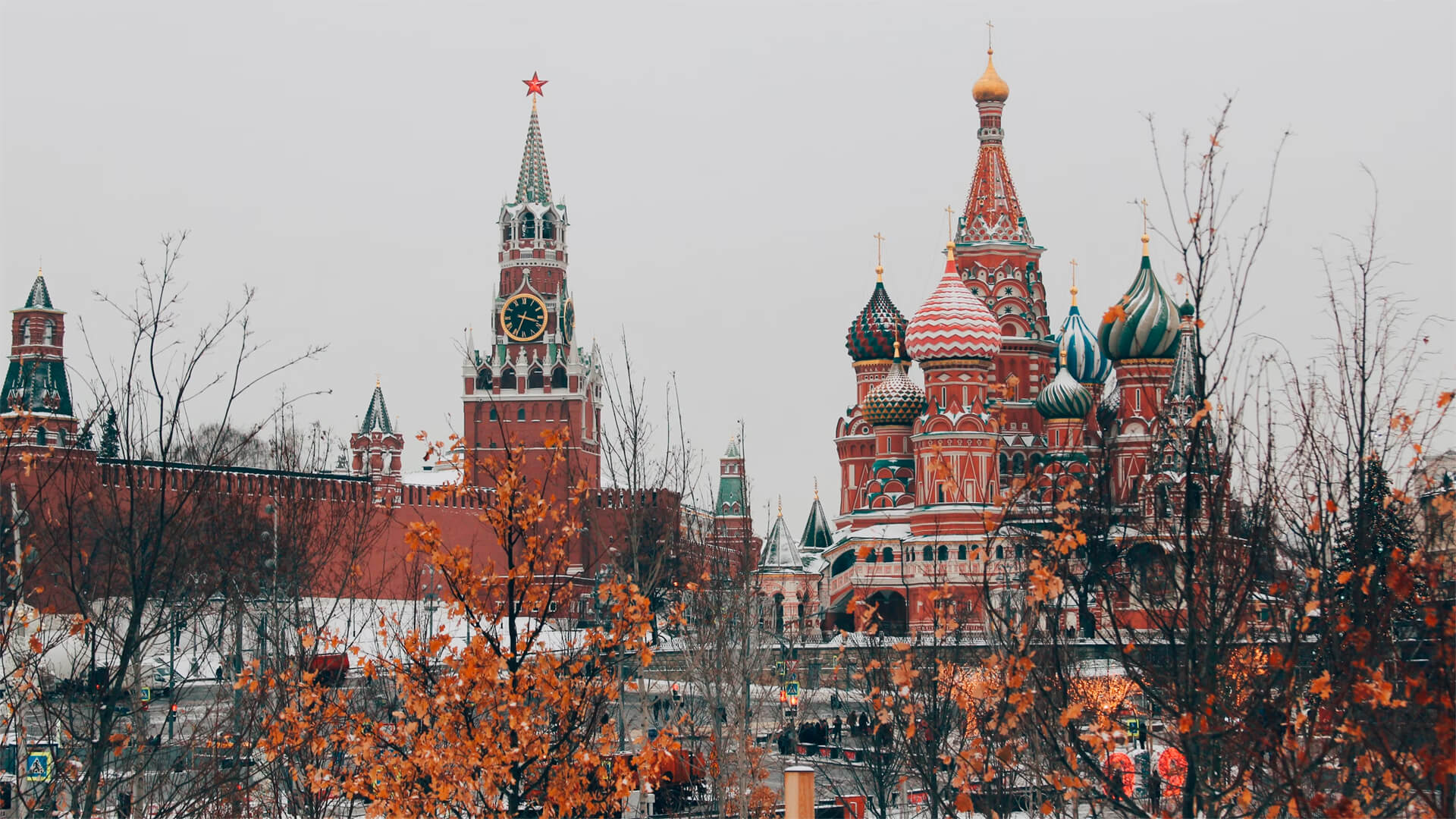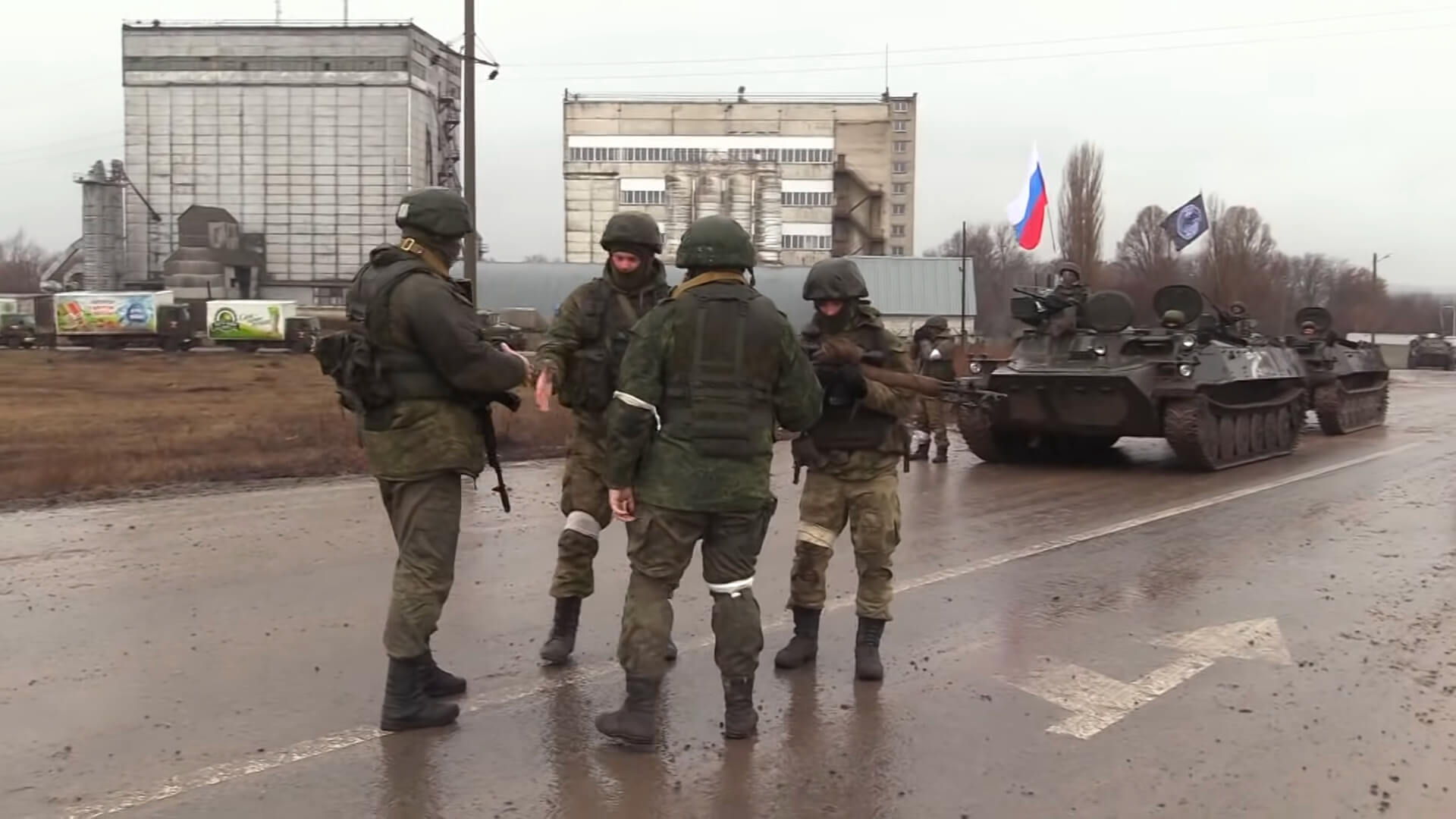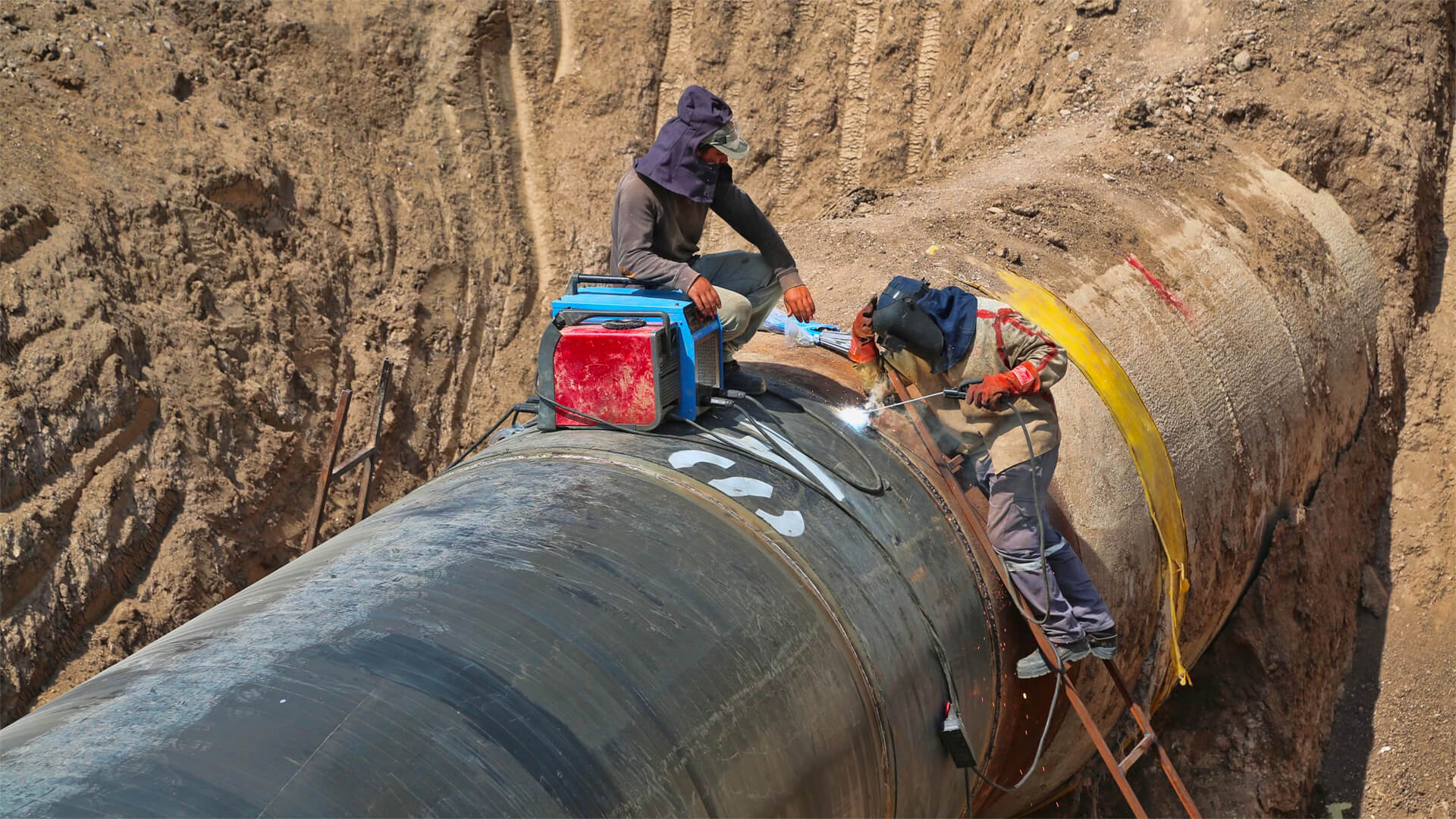What are my thoughts on Environmental, Social, and Governance (ESG)? It is the idea that business has a role in pushing society towards certain norms and positive outcomes regarding environmental and social issues. We must look at what ESG should be, what it is, and what it is not.
What ESG should be…Until now, American business has played a minimal role in the political system. With the American political system in flux, it is only natural that companies would reevaluate their place in society and create policies that align with the ESG mission.
What ESG is today…The new policies businesses implement can be equated to attempting to climb Mt. Everest before ever learning to walk. Without benchmarks or industry standards, these companies can’t even make it Everest base camp; this process will be long and iterative.
What ESG is not…It isn’t a global conspiracy to destroy the US economy. When Elton John gets invited to a week-long confab in the Alps, you know the WEF isn’t plotting with the Illuminati…they’re just partying.
To this point, most ESG has been influenced by activists pushing policy from the outside OR activist investors making policy from within. The international stage doesn’t have much say, making ESG a domestic conversation of politics and culture.
Prefer to read the transcript of the video? Click here
Here at Zeihan On Geopolitics we select a single charity to sponsor. We have two criteria:
First, we look across the world and use our skill sets to identify where the needs are most acute. Second, we look for an institution with preexisting networks for both materials gathering and aid distribution. That way we know every cent of our donation is not simply going directly to where help is needed most, but our donations serve as a force multiplier for a system already in existence. Then we give what we can.
Today, our chosen charity is a group called Medshare, which provides emergency medical services to communities in need, with a very heavy emphasis on locations facing acute crises. Medshare operates right in the thick of it. Until future notice, every cent we earn from every book we sell in every format through every retailer is going to Medshare’s Ukraine fund.
And then there’s you.
Our newsletters and videologues are not only free, they will always be free. We also will never share your contact information with anyone. All we ask is that if you find one of our releases in any way useful, that you make a donation to Medshare. Over one third of Ukraine’s pre-war population has either been forced from their homes, kidnapped and shipped to Russia, or is trying to survive in occupied lands. This is our way to help who we can. Please, join us.
CLICK HERE TO SUPPORT MEDSHARE’S UKRAINE FUND
CLICK HERE TO SUPPORT MEDSHARE’S EFFORTS GLOBALLY
TRANSCIPT
Hey everybody. Peter Zieihan here. The clouds have become a little bit more serious. Well, on the upside, it means that all the mountain bikers have bugged out. So I’ve got to turn to myself. But my ears bailout points five miles. So who? Who? This is the latest in our Ask Peter series. And today, the question is about ESG. What do I think about it in general?
Do I think it has a future? Is it a conspiracy to destroy us all? ESG, at least nominally, is called, is short for environmental and social governance. And the idea is that business has a responsibility to play a role in society and push it towards certain norms or positive outcomes. As regards things such as environmental issues or racial inclusion.
And so each corporation should have a series of ESG policies that help them achieve those goals. So let’s talk about what it is or what it should be, then what it actually is and then what it’s not. So first, what it should be and why we probably should consider some form of ESG. For the longest time, American business has really only been involved in the political system when it comes to, say, developmental policy, civic expansion, contracting or regulatory discussions.
They’ve tried to stay out of all the social issues, the get loud especially thing regarding the culture war, because it’s not something that they have the aptitude for. And they have a wide array of shareholders and investors and managers and employees and customers who are all going to have radically different opinions on really anything that matters. So why get involved in it?
Well, for those of you who’ve been following me for a while, you know that our political system is currently in flux and all the factions that make up the parties are in motion specifically for the business community. The Trump administration kicked them out of the Republican coalition. So they’re swing voters right now. So if you look at where the business community is in the concept of ESG, the idea that now when they’re not part of the political process, when we’re going through all of these changes, when our political system looks like a washing machine, it makes sense for them to reevaluate their place in society.
And coming up with policies as they struggle with that fits very nicely with the very concept of ESG. Now we can argue about whether they want to or whether they’re adopting the right policies. And that’s when we get to what ESG actually is today, because this is something that’s done at the corporate level on an ad hoc basis, company by company.
There is no overarching structure. There’s no regulatory guidelines for this. It’s just what individual companies have decided to do. And as you know from your personal life, there are things that you’re good at and there are things that you’re not good at. And if you have spent the last century assiduously not paying attention to cultural or environmental issues, and then all of a sudden you want to redefine your personal life based on those, you’re not going to get it right on the first try.
And I would argue that no company in the United States that had gone down that route has really put together even remotely productive or coherent set of policies to implement the supposed goals. The environmental ones are probably the ones that have been the worst because they equate things like adopting electronic vehicles with being a good but based on who you are and what you’re doing and where you are.
That may be one of the most environmentally damaging things you can do. So like if you get an electric truck and you’re running around the northeast, which is mostly fossil fuel powered, and this is a vehicle that has a huge carbon footprint to build in the first place. You’ve actually made the situation significantly worse, but by your scheme that works, you’re right on the path.
What we need is a little bit more coherence and intelligence and regularity for these sorts of regulations, for them to make any sort of sense. And we’re not going to get that on the first try. And it’s difficult to see us getting that within a decade without some sort of benchmark. And since by its very definition, this is not a government initiative, it’s hard to see us getting that benchmark.
So ESG may be a great idea, at least in concept. It may fit the times for business community. That doesn’t mean it is or will be done very well. Now what ESG is not, it is absolutely not some global conspiracy to destroy the United States. I’ve heard that a lot of late kind of pisses me off because, I mean, think about this.
Most people point towards like the world economic Forum and the build back better and all that good stuff. No. Okay. So the World Economic Forum is not a shadowy cabal of international Illuminati who are seeking to push their will on the United States. A majority of the people there who are matter are American, for one from all political stripes.
In addition, whenever you see Elton John going to a week long confab on international affairs, you know it is not a week long confab on international affairs. It’s a party. Klaus Schwab, the guys who are in charge of the World Economic Forum, I know he’s got the great hair that makes him look like a villain. But really, just think of him as a deejay for the rich and everyone getting together in Davos, Switzerland, for a week of body shots or their equivalent for rich people.
It’s not that WEF is pointless, it’s that it’s entertainment. And to think that there’s any sort of policy coming out of that is kind of funny. Most ESG to this point is a product of one of two things. Number one, the activist culture in the United States that protests and tries to get impose policies on the business community from the outside.
And then secondly, activist investors who are within the company probably have minority stakes who are trying to get the company to shift its policies from within. That’s almost every little bit of it. The international pressure has almost no impact. And you can tell that because the international companies generally have less aggressive ESG policies than American national ones. This is a domestic, political and cultural evolution.
If it was really strong internationally, you would expect the international companies to be the ones that are leading the way and they most certainly are not. Okay. Ooh, that was lightning. Well, the next one might be really exciting.




